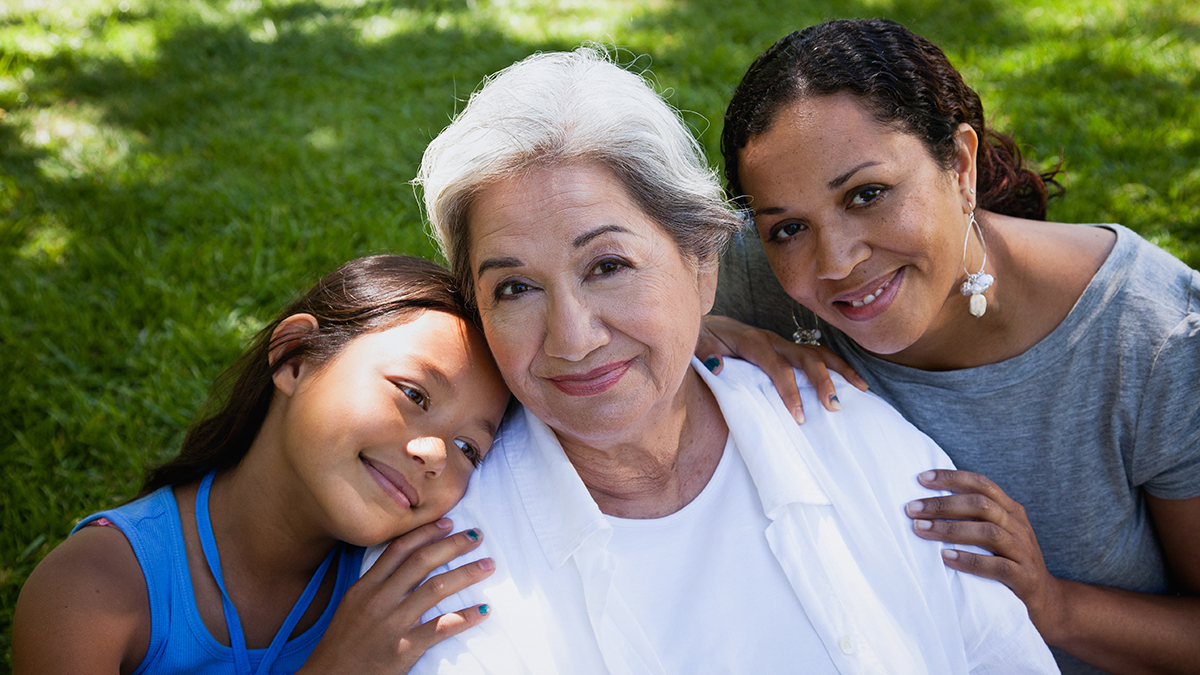Key points
- WISEWOMAN provides cardiovascular disease (CVD) risk factor assessments, referrals for treatment, and support for lifestyle change among participants aged 35–64 to reduce the risk for heart disease and stroke.
- The program funds 35 recipients, including 32 states, 2 tribal organizations, and 1 US territory.
- The program addresses social and economic factors to help participants make healthy lifestyle changes that allow them to achieve their best health.

Overview
The Well-Integrated Screening and Evaluation for WOMen Across the Nation (WISEWOMAN) program extends preventive health services to achieve optimal cardiovascular health for women aged 35-64 who participate in the CDC-funded National Breast and Cervical Cancer Early Detection Program (NBCCEDP). The program helps participants understand and reduce their risk of CVD and benefit from early detection and treatment. With health equity as a guiding principle, WISEWOMAN provides culturally informed risk factor screenings and program services that are mindful of the social determinants of health. The preventive health services include assessing CVD risk factors and referring participants to services that reduce those risks through improved diet, physical activity, tobacco cessation, and medication adherence support.
WISEWOMAN currently funds 35 recipients, including 32 states, 2 tribal organizations, and 1 US territory. It focuses on advancing health equity and providing social support services to participants to aid their completion of healthy behavior support services.
WISEWOMAN approach
The WISEWOMAN program aims to identify women at the highest risk of CVD and improve the delivery of heart disease and stroke prevention services, particularly for those with hypertension. The objectives are to improve blood pressure control and reduce disparities in cardiovascular health.
WISEWOMAN helps integrate innovative, evidence-based strategies for heart disease and stroke prevention within health care systems and communities.
Examples of these evidence-based strategies:
- Using a team-based care approach, which includes the patient and the patient's primary care provider, nurses, pharmacists, and community health workers, to care for patients with high blood pressure and other risk factors.
- Supporting clinicians by providing tools and resources to help patients regularly measure their blood pressure at home.
- Providing tools to pharmacists to work with patients to help them take their blood pressure medications as directed.
- Providing skill-based training to encourage participants to improve their diet and increase physical activity.
- Referring smokers to quit lines or other tobacco cessation resources.
- Increasing the number of evidence-based lifestyle programs offered in communities.
Read a summary of the implementation of the WISEWOMAN Program's Core Strategies in Years 1 and 2 (2018–2020) and an evaluation of the program's successes.
The WISEWOMAN program served nearly 150,000 women between 2008 and 2013—91% of whom had at least one risk factor for heart disease and stroke. Over 100,000 women participated in a healthy lifestyle service to reduce their risk for heart disease and stroke. The services provided by each WISEWOMAN program vary, but all are designed to promote lifelong heart-healthy lifestyle changes.
